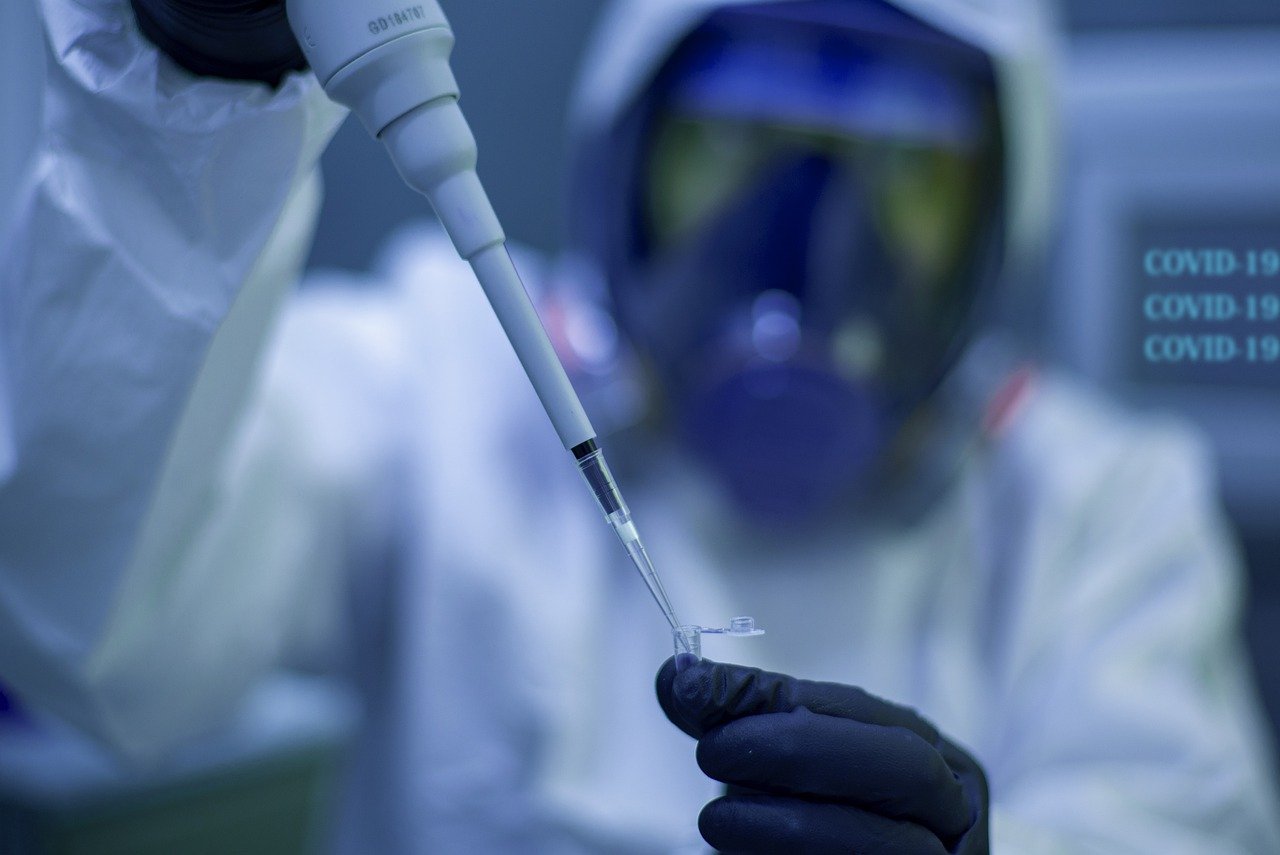A vaccine for humanity
Seth Berkley, CEO, Gavi, the Vaccine Alliance, calls for a one world approach – collective resources, political support and action – in delivering the COVID-19 vaccines, and ensuring everyone is protected
Never before has the development of a vaccine been so widely anticipated or needed. It is clear that to end this pandemic, minimise loss of life and return to some semblance of normality, we need COVID-19 vaccines, and we need people in all countries to have access to them. Thanks to an unprecedented response from the scientific community and industry, the first vaccines are now being rolled out, with more on the horizon. But we now also need a similar global response, with leadership from the G7, the G20 and the G77, to support COVAX to ensure that access is rapid, fair and equitable and to prepare the single largest and most rapid global vaccine deployment in history.
With a disease that spreads as fast as COVID-19, vaccines will only be effective if everyone is protected. If large reservoirs of the coronavirus are allowed to persist, it will continue to circulate, and we will risk regular resurgences for years to come. This will not only put millions of lives unnecessarily at risk, but will also stall efforts to resume commerce, trade and travel – all hopes of rebooting the global economy.
COVAX is the only way to avoid this. With 189 governments and economies now involved, representing around 90% of the global population, its initial aim is to make two billion doses of COVID-19 vaccine available to people all across the world, regardless of their ability to pay. Coordinated by Gavi, the Coalition for Epidemic Preparedness Innovations and the World Health Organization, COVAX is the largest multilateral collaboration since the Paris climate agreement. It is the only global solution. But now that we have it, we must ensure that it succeeds.
FIVE CRITICAL CHALLENGES
To make that happen we now face five critical challenges. The first is to ensure that as and when further COVID-19 vaccines are licensed, or receive emergency-use authorisation, there are enough doses for everyone and everyone gets them. It is critical that manufacturers do not lose sight of this and prioritise doses to the highest bidder. While COVAX has already secured hundreds of millions of doses, we now need all vaccine manufacturers to make their COVID vaccines affordable, appropriate for global roll-out and available to COVAX for timely delivery as early as possible in 2021.
The second challenge is to guarantee equitable access, particularly for low- and middle-income countries. COVAX was designed to benefit everyone, but it was created with the world’s poorest people in mind. Although it provides all participating countries with access to the world’s largest and most diverse portfolio of COVID-19 vaccines, and ensures that manufacturers are ready to produce doses at scale as vaccines are ready, the Gavi COVAX Advance Market Commitment is there for the 92 low- and middle-income countries that cannot afford them.
That is why we need the AMC to succeed. Thanks to a massive show of multilateralism, we have already secured more than the $2 billion needed to jumpstart it in 2020. But if COVAX is to achieve its initial goal of making two billion doses of COVID-19 vaccines available by the end of 2021 – with nearly a billion of these doses going to AMC countries – then we need to secure at least an additional $5 billion to finish the job. That means ensuring that the AMC is a priority for official development assistance.
The third challenge is deployment. Getting billions of doses of vaccine out to the entire world efficiently is complex and could be undermined by transport and supply chain issues, regulatory regimes, lack of sufficient training and infrastructure or other emergencies. Here, the Gavi Alliance has tremendous experience: it supplies 600 million vaccine doses per year and has supported more than 500 vaccine introductions in countries over the past two decades. It is now critical that we work with countries to ensure that all the pieces – the supply chains, cold storage facilities, trained healthcare workers, data systems and, of course, trust in vaccines – are in place to make sure people get these vaccines as quickly as possible. Gavi has boosted this with an initial $150 million to get this work started.
We also need to continue to do everything in our power to protect healthcare workers and bolster health systems. This fourth challenge is already an issue in many countries. Gavi has supported countries by making an initial $200 million available to protect healthcare workers with personal protective equipment, perform vital surveillance and training, and fund diagnostic tests quickly and before other funders are able to provide more substantial resources.
The fifth challenge is to ensure that routine immunisation continues during the pandemic, to avoid simultaneous outbreaks of multiple infectious diseases, such as measles, polio and yellow fever. Disruptions have already led to tens of millions of people in Gavi-supported countries missing out on routine vaccines. It is estimated that every COVID-19 death averted by stopping routine immunisation could tragically lead to at least 84 deaths from other vaccine-preventable diseases.
Moreover, the supply chains, cold chain equipment, trained healthcare workers, data systems and disease surveillance that support these existing programmes ultimately form the backbone of the delivery network we will need to get the COVID-19 vaccines out.
The beginning of the end of this crisis is tantalisingly within our grasp, but we must overcome these challenges to get there. To do that COVAX needs resources and political support so we can act now and work together towards that common goal: one world, protected. Ultimately no one is safe until everyone is safe, and it is only by making sure that everyone has equitable access to COVID-19 vaccines that we can end the acute phase of this pandemic.












